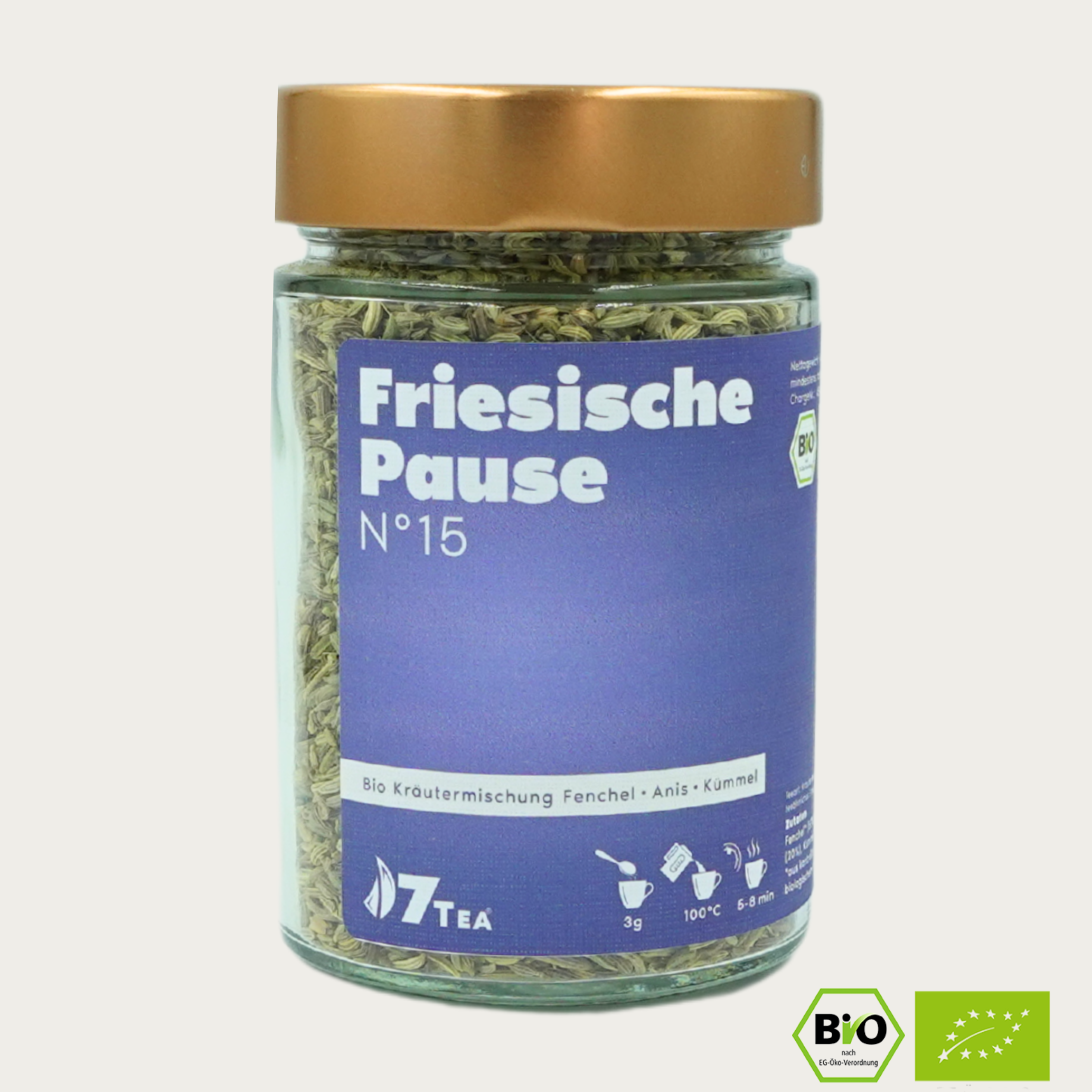Why does green tea cause dizziness? Possible causes
If you experience dizziness after drinking green tea, it could be due to several possible causes. It's important to note that I cannot make a medical diagnosis, but here are some common reasons that could explain this phenomenon:
-
Caffeine content : Green tea contains caffeine, although in smaller amounts than black tea or coffee. People sensitive to caffeine may react to green tea with symptoms such as dizziness, nervousness or heart palpitations.
-
Blood pressure changes : Caffeine can increase blood pressure in the short term. In some people, this may cause dizziness or lightheadedness, especially if they are prone to low blood pressure.
-
Dehydration : Caffeine has a mild diuretic effect, meaning it helps excrete fluid. If you don't drink enough fluids, this could lead to dehydration and therefore dizziness.
-
Empty stomach : Drinking green tea on an empty stomach can cause stomach irritation and resulting dizziness in some people.
-
Iron absorption : Green tea contains tannins that can inhibit the absorption of iron from food. In sensitive people or those with iron deficiency, this can cause symptoms such as fatigue and dizziness.
-
Individual reactions : Every person reacts differently to food and drinks. You may have an individual intolerance to certain components of green tea.
-
Drug interactions : Green tea may interact with certain medications and increase side effects such as dizziness.
If you regularly experience dizziness after consuming green tea, it is advisable to limit or avoid your consumption and consult a doctor to rule out other possible causes and receive individual recommendations.

























